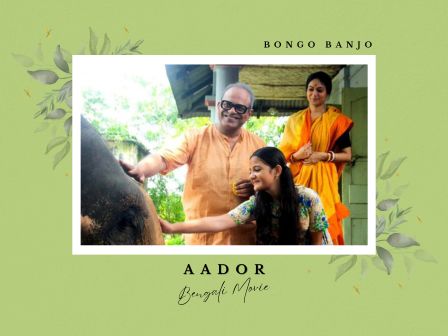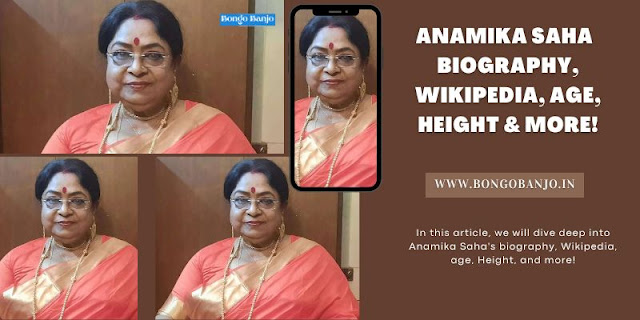Aador Bengali Movie Review!
Today, We Are Reviewing a Brand New Bengali movie, Aador. Aadar Bengali Movie Is an Example of a Simple Story and a Pure Friendship.
Most of the current Bengali films are detectives, not thrillers, about love or love crises. And if not, the tendency to create a formulaic movie of everything.
From that point of view, small and big screen actor Debdut Ghosh chose the famous story "Aadorini" by writer Prabhat Kumar Mukhopadhyay to show that he is more interested in giving a beautiful story to the audience than business.
With some of the drama of the story, Debdut Ghosh seeks to show an intimate bonding of animal and human love against a universal, rural West Bengal backdrop.
And while doing that, he narrated another short story at the beginning and end of the film, Aador. The plan is good, but he could have gone straight to the story.
The heart of the story is the unspoken, sweet relationship that owner Joyram Mukherjee and his little granddaughter Madhu develop with an elephant named Aadorini.
Zamindar's lawyer, Joyram Mukherjee, believed that one of his requests would surely be granted. He wanted an elephant for the wedding of the Zamindar's daughter.
Zamindar's wife did not send the elephant. Lawyer Joyram Mukherjee's honour is hurt. Having spent all the money he had saved, he bought an elephant and appeared at the Zamindar's house on the evening of the wedding day.
Meanwhile, his elder son wants to marry Madhu to a good man. He forced Joyram Mukherjee to sell his lovable elephant by saying that the groom demanded ten thousand rupees as a dowry.
Not telling the end of the story. Just know that the director, Debdut Ghosh, could not do the job of developing the elephant's relationship, friendship, and love with owner Joyram Mukherjee and his granddaughter.
However, the despairing reaction of those two, knowing that the elephant has to be sold, Joyram Mukherjee's crying, and despair all seem imposed.
As an audience, the sadness could not be felt. It would have been better to picture a song from the film with a grandfather and granddaughter.
If the relationship between humans and animals is not properly established, then the emotional scenes that follow do not hold much appeal to the audience.
But the place where Rajatava Dutta burst into tears while saying goodbye to "Aadorini" in an emotional tone and saying "Don't be angry with your father, don't be angry with me," etc.
If the first half of the film could have laid the foundation for the loving relationship between man and animal, then the scene could have been more interesting.
No, that's why the first work of the director, Debdut Ghosh, cannot be discounted at all; this was the responsibility of the screenwriter.
Debdut Ghosh tells the story in a simple narrative smoothly, without stumbling anywhere. The background music by Tanmoy Bose also helped him a lot.
Asim Bose's cameras also beautifully capture the nature of Kailash in Tripura. Our eyes can relax. As I have already said about Rajatava Dutta's performance, as a co-artist, Basabdatta Chattopadhyay is suited to the role of Boro Bouma, and so is his performance in a calm mood.
Madhu's character is also quite good. In a cameo role, Sabyasachi Chakraborty played the role of a forest officer to his heart's content.
Manasi Sinha and Biplab Banerjee got very little space in addition to the story. It would have been more logical to name the film "Aadorini" instead of "Aador".
But the straightforward portrayal of such a neat story demands a little more patronage from the audience. What will they get?
Read More: Jyeshthoputro Bengali Movie Review!





%20Biography,%20Age,%20Career,%20Wife,%20Networth.jpg)







